Overview
The Higher Education Innovation Fund (HEIF) is a financial allocation that we (Bournemouth University (BU)) receive annually from Research England (part of UK Research and Innovation (UKRI)). The aim of this fund is to allow higher education providers to connect with the world via different knowledge exchange mechanisms to benefit the economy and society.
We are currently within the HEIF-6 strategic period running from 2017-2022. Recipients of HEIF funding, including BU, have a strategy for their respective institution for this period relating to KE.
As BU has a number of internal funding panels, HEIF is no exception. The HEIF panel is led by the Chair, Professor Wen Tang, and Vice-Chair, Professor Zulfiqar Khan. This Panel is supported by Secretary, Rachel Clarke and Clerk, Matthew Fancy.
The Panel meet three times a year to discuss the direction and progress of the HEIF fund against our HEIF strategy. These meetings also include an overview of the budget and spend, updates on the HEIF funded projects and initiatives and also discussion on any new projects/initiatives on the horizon.
Funded projects
The HEIF Funding Panel have funded some large-scale projects which you may have already seen on the BU Research Blog, including Neuravatar and PalaeoGo!
There are a series of larger projects which are funded by HEIF which you will see in upcoming blog posts. Looking back to some recently closed HEIF projects, you will see that the HEIF injection of funding has provided great support in providing dedicated funds, mainly for staffing and consumables, for projects to realise their potential.
As a snapshot, Professor Lee-Ann Fenge concluded her HEIF project in July 2020. This project focused on launching and evaluating their financial scamming game and the project team have already identified various external funding opportunities to take this project even further and realise additional impact amongst vulnerable people and communities. Professor Fenge and her team have worked with a variety of key agencies such as The Chartered Trading Standards Institute, Action Fraud and Age UK in creating and capturing the impact of their work. This work has been included in a REF impact case study, further demonstrating the highly valued nature of the project and positive impact it created.
In the 2019/20 academic year, Dr Philip Sewell and Abigail Batley concluded their additive manufacturing project with the Royal National Lifeboat Institute (RNLI) to reduce design, production and supply chain pressures. This project resulted in additive manufacturing being implemented as a focus into the RNLI engineering team time plan over the next three years. Additive manufacturing is now at the forefront when new and existing engineering designs are made and a manufacturing process is selected, as well as integration into supply chain. The RNLI are using one of the additive manufacturing case studies created during the project and are investigating the feasibility of implementing it into their Severn Life Extension Programme, which aims to extend the life of the Severn class lifeboats so they can continue saving lives at sea for another 25 years.
The HEIF Panel has also recently released a small fund which sets to kickstart KE projects and partnerships or complete projects and take them forwards to the next level. The first round of this internal competition saw nine applications with seven of these applications awarded, which is a huge success and demonstrates the quality of applications received. The second closing date took place last week and we received 12 applications which are currently being reviewed by the HEIF Funding Panel.
Future of HEIF funding
As KE gains momentum in the wider HE landscape, and especially with the development and release of the Knowledge Exchange Framework (KEF) and the Knowledge Exchange Concordat (KEC), HEIF funding becomes even more important to support the development of KE within Institutions. The HEIF allocations provided annually to Institutions are currently being reviewed with the reporting changing to ensure alignment with the recently released KEF and KEC.
In May 2021, we’re due to submit our HEIF Accountability Statement which sets out our KE strategy and activities planned to support this strategy until 2024/25. There are planned funding calls during this time, including the HEIF Small Fund and Proof of Concept Strand which are both now live and the next deadline is mid-May 2021.
These funds provide you with an opportunity to work with external organisations which could lead to strong partnerships for future funding, teaching materials and also further research and knowledge exchange opportunities. If you have an idea that could suit the small fund and would like to discuss further, please do get in touch.



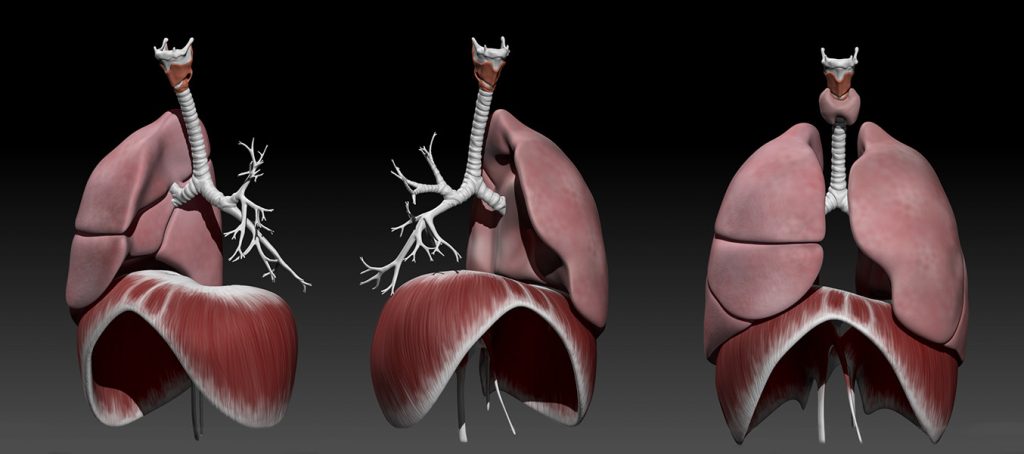
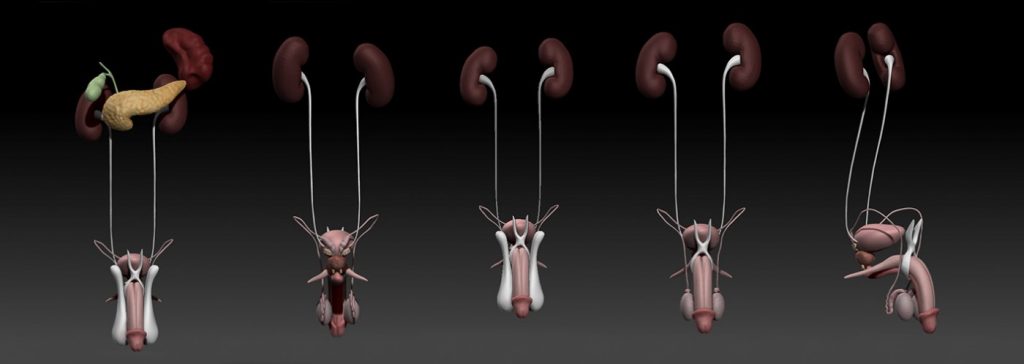
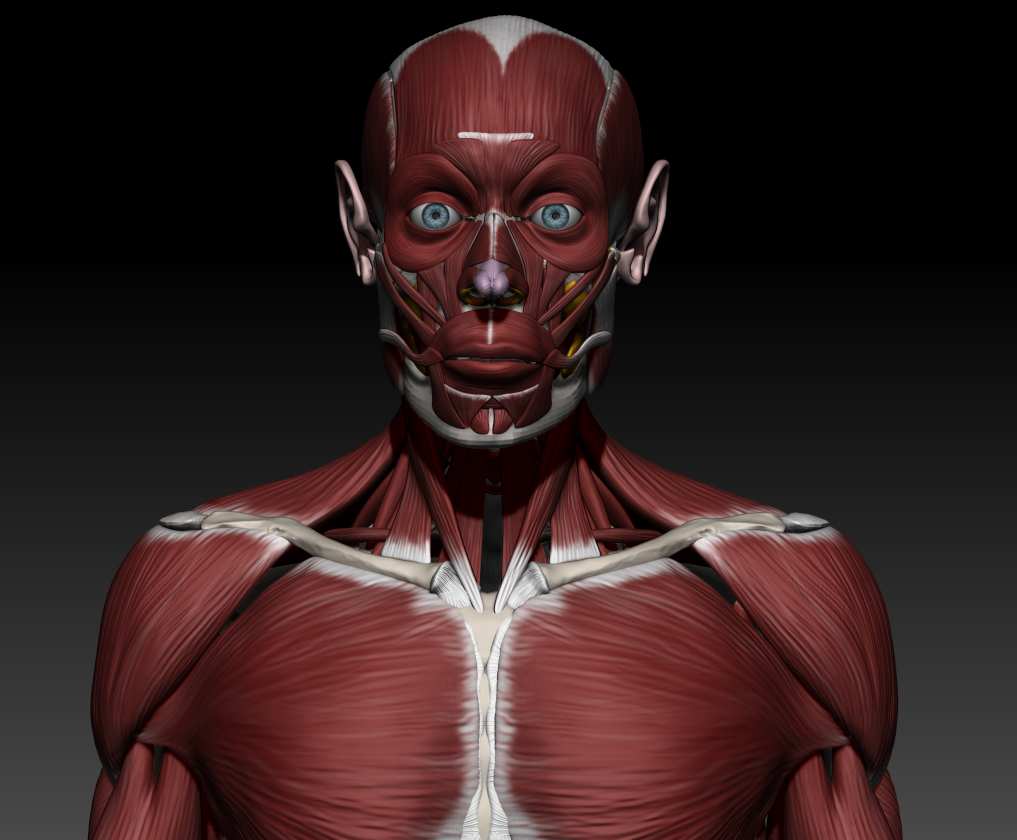
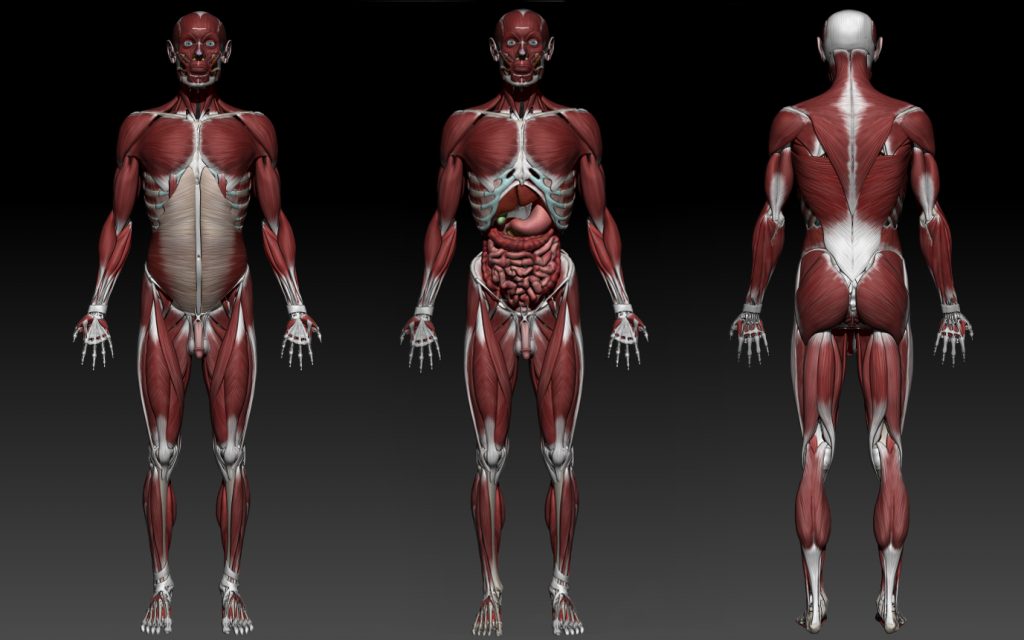
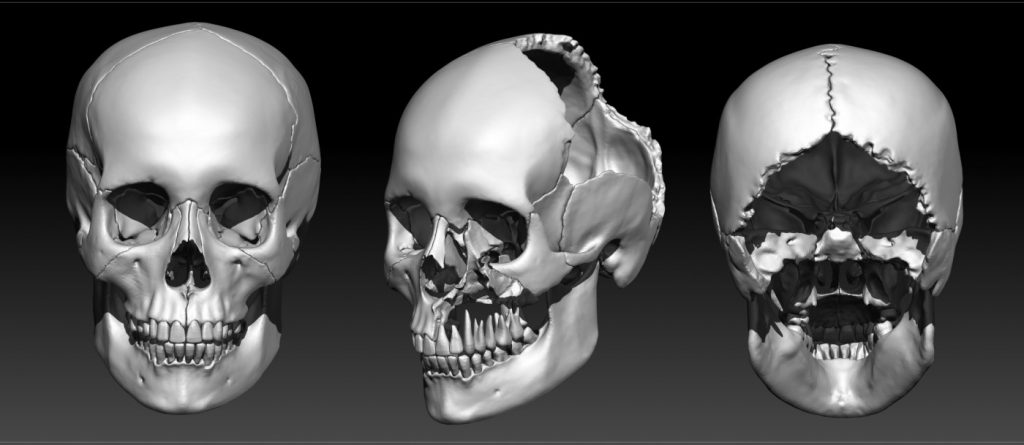
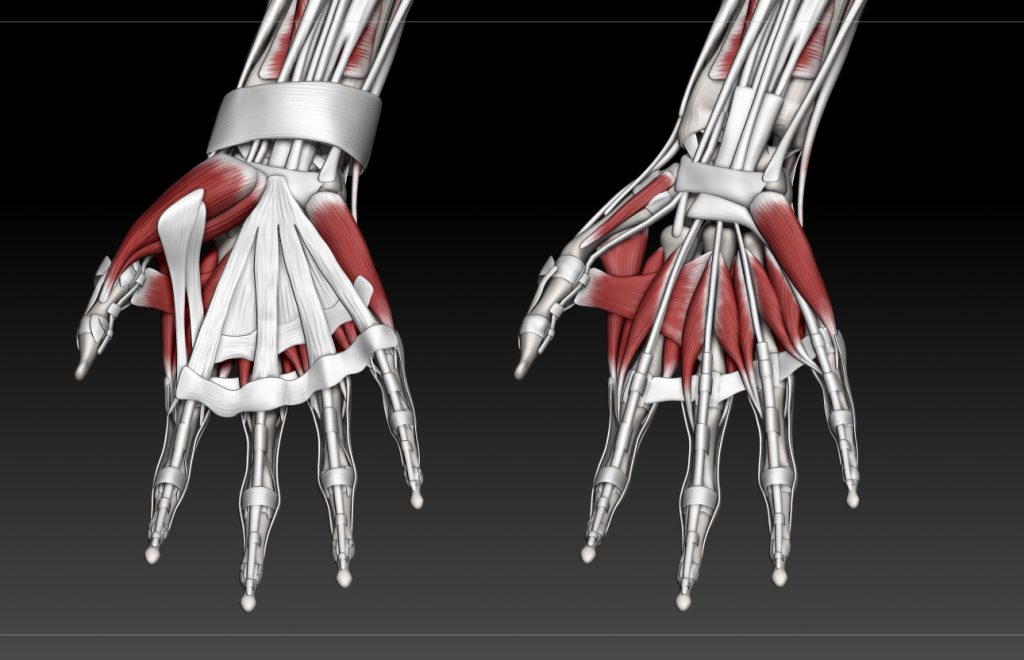
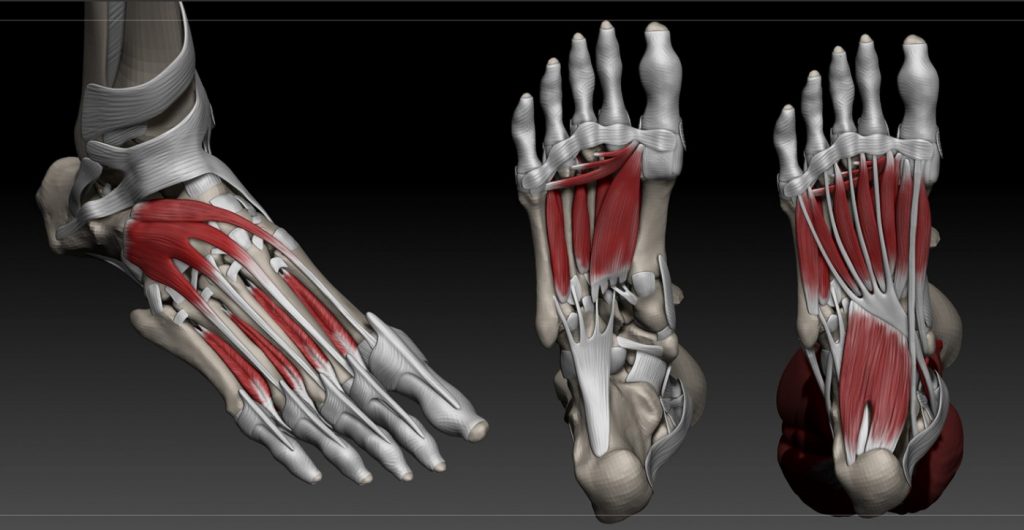
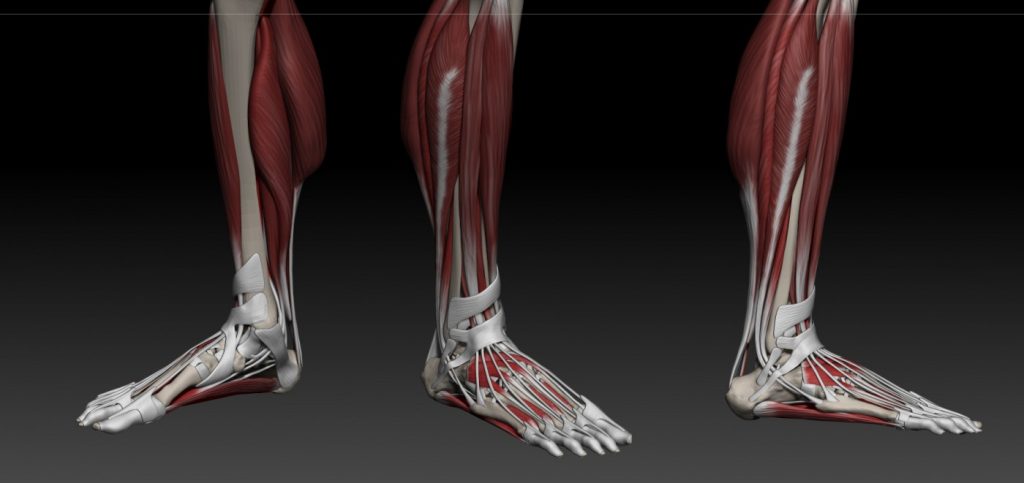
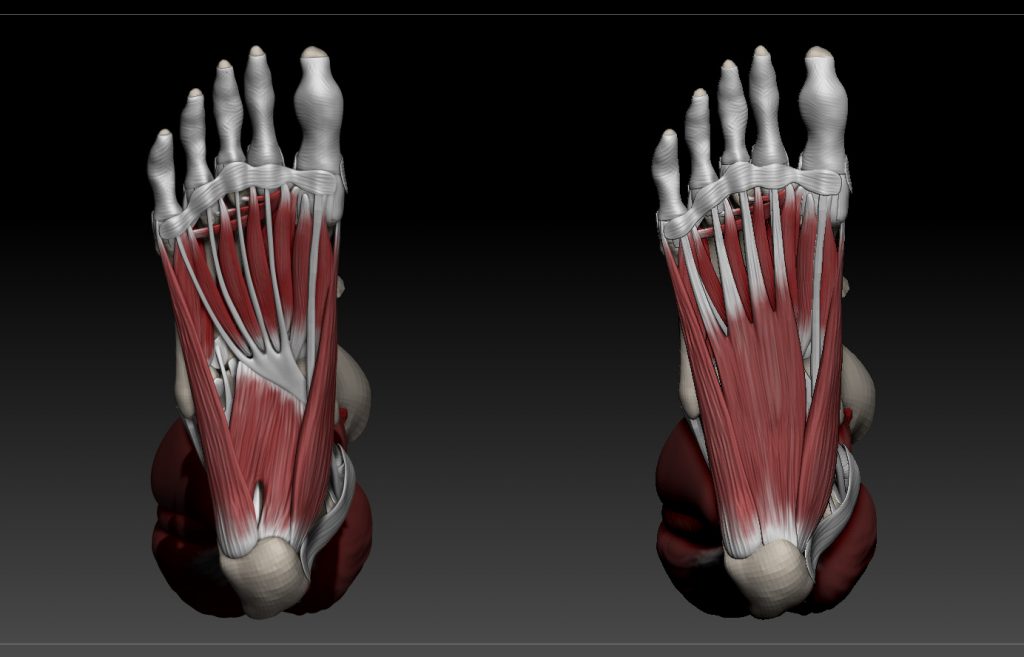
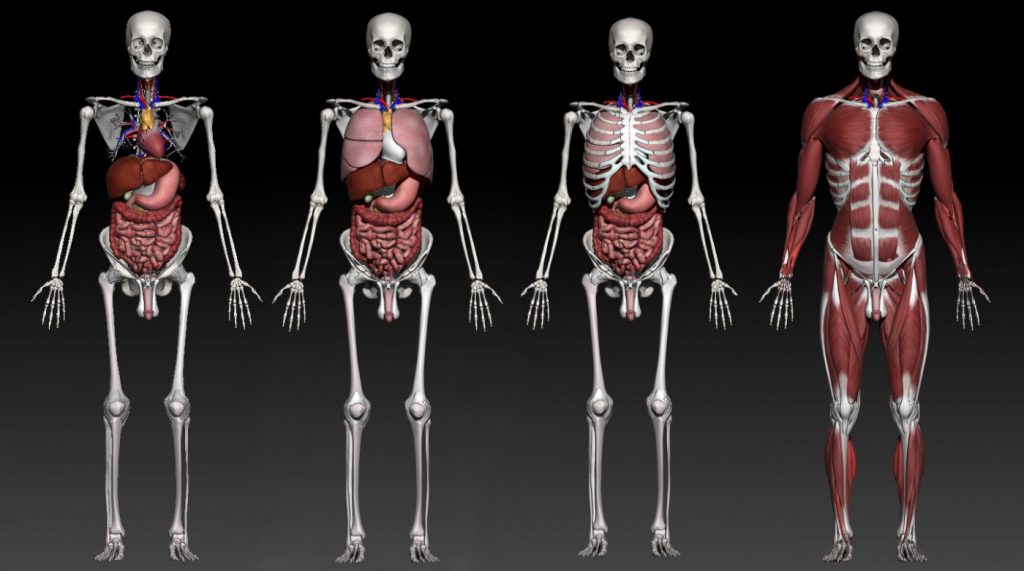

 The Science, Health, and Data Communications Research Group will be conducting a series of workshops to start off the new year, designed to help Bournemouth researchers form new networks and collaborative projects around educating and communicating research to the public.
The Science, Health, and Data Communications Research Group will be conducting a series of workshops to start off the new year, designed to help Bournemouth researchers form new networks and collaborative projects around educating and communicating research to the public.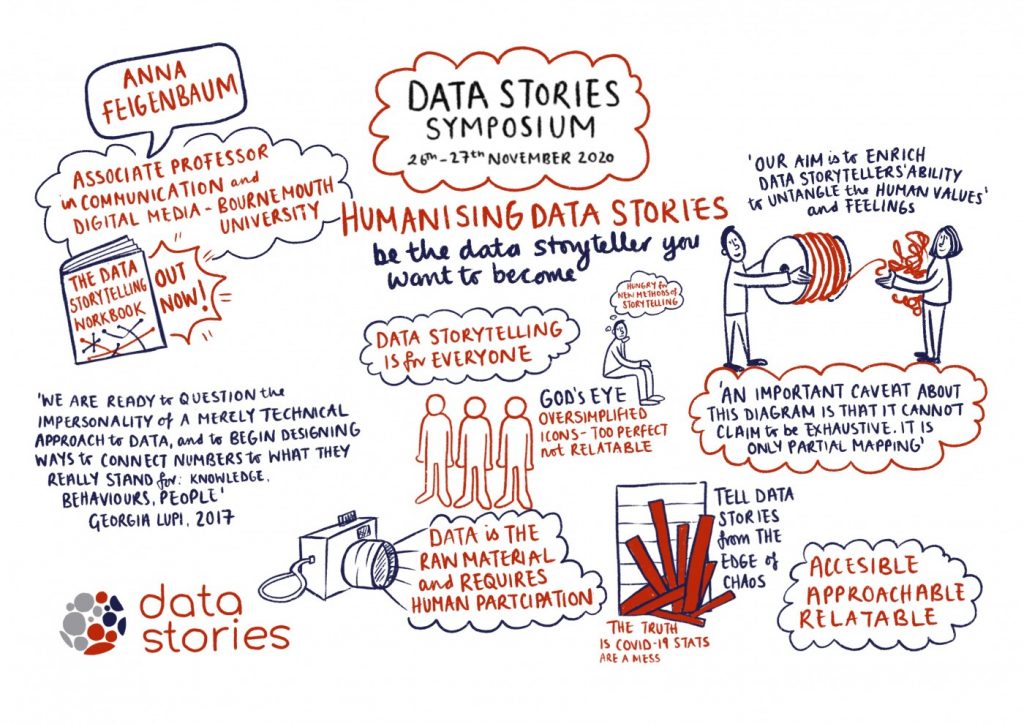



 The Parliamentary Office of Science and Technology (POST) is inviting expressions of interest for its Parliamentary Academic Fellowship Scheme from Monday 8 June.
The Parliamentary Office of Science and Technology (POST) is inviting expressions of interest for its Parliamentary Academic Fellowship Scheme from Monday 8 June. In March, POST launched the Covid-19 outbreak expert database
In March, POST launched the Covid-19 outbreak expert database










 Dr. Ashraf cited on ‘Modest Fashion’ in The Guardian
Dr. Ashraf cited on ‘Modest Fashion’ in The Guardian NIHR-funded research launches website
NIHR-funded research launches website Academics write for newspaper in Nepal
Academics write for newspaper in Nepal New paper published on disability in women & girls
New paper published on disability in women & girls Global Consortium for Public Health Research 2025
Global Consortium for Public Health Research 2025 MSCA Postdoctoral Fellowships 2025 Call
MSCA Postdoctoral Fellowships 2025 Call ERC Advanced Grant 2025 Webinar
ERC Advanced Grant 2025 Webinar Horizon Europe Work Programme 2025 Published
Horizon Europe Work Programme 2025 Published Horizon Europe 2025 Work Programme pre-Published
Horizon Europe 2025 Work Programme pre-Published Update on UKRO services
Update on UKRO services European research project exploring use of ‘virtual twins’ to better manage metabolic associated fatty liver disease
European research project exploring use of ‘virtual twins’ to better manage metabolic associated fatty liver disease